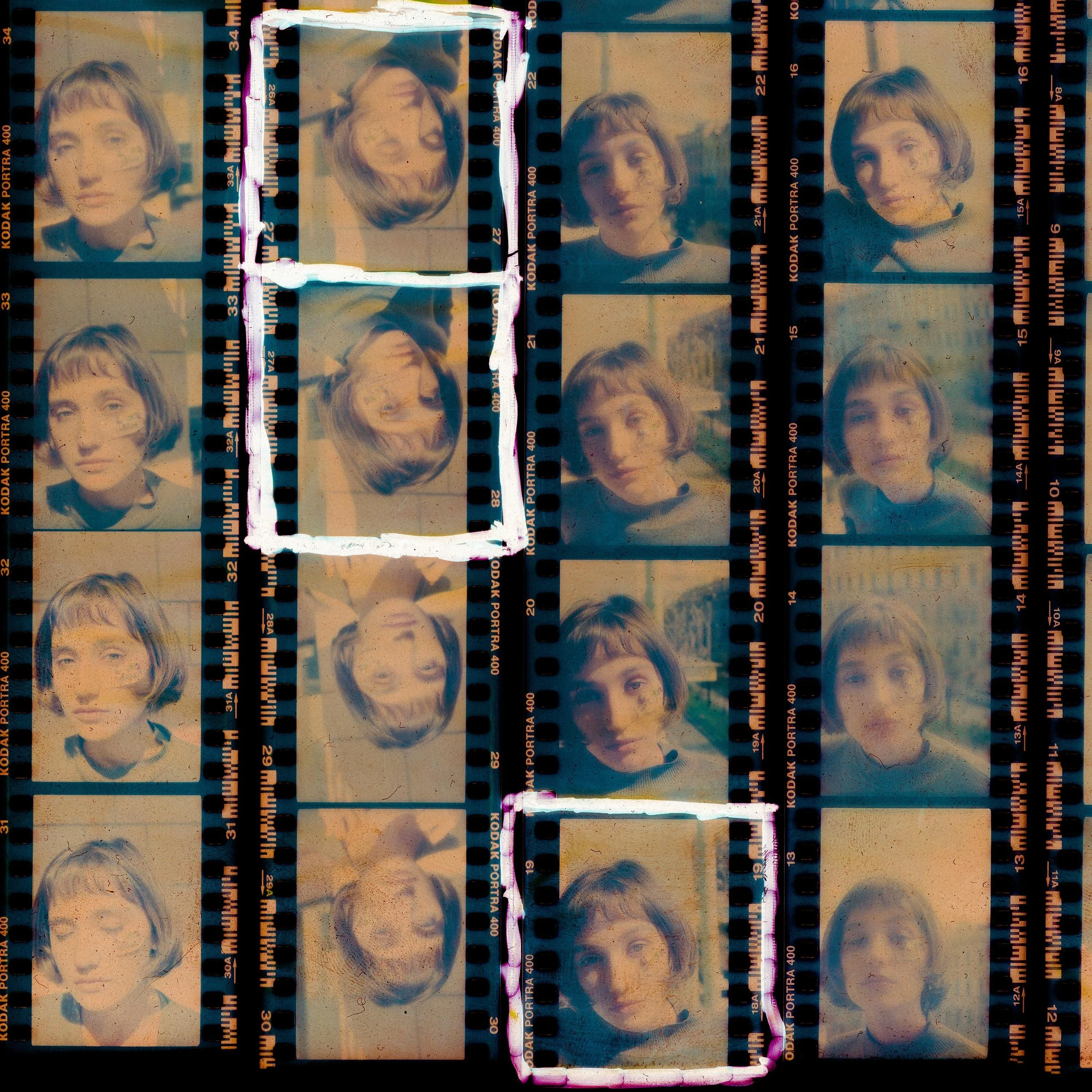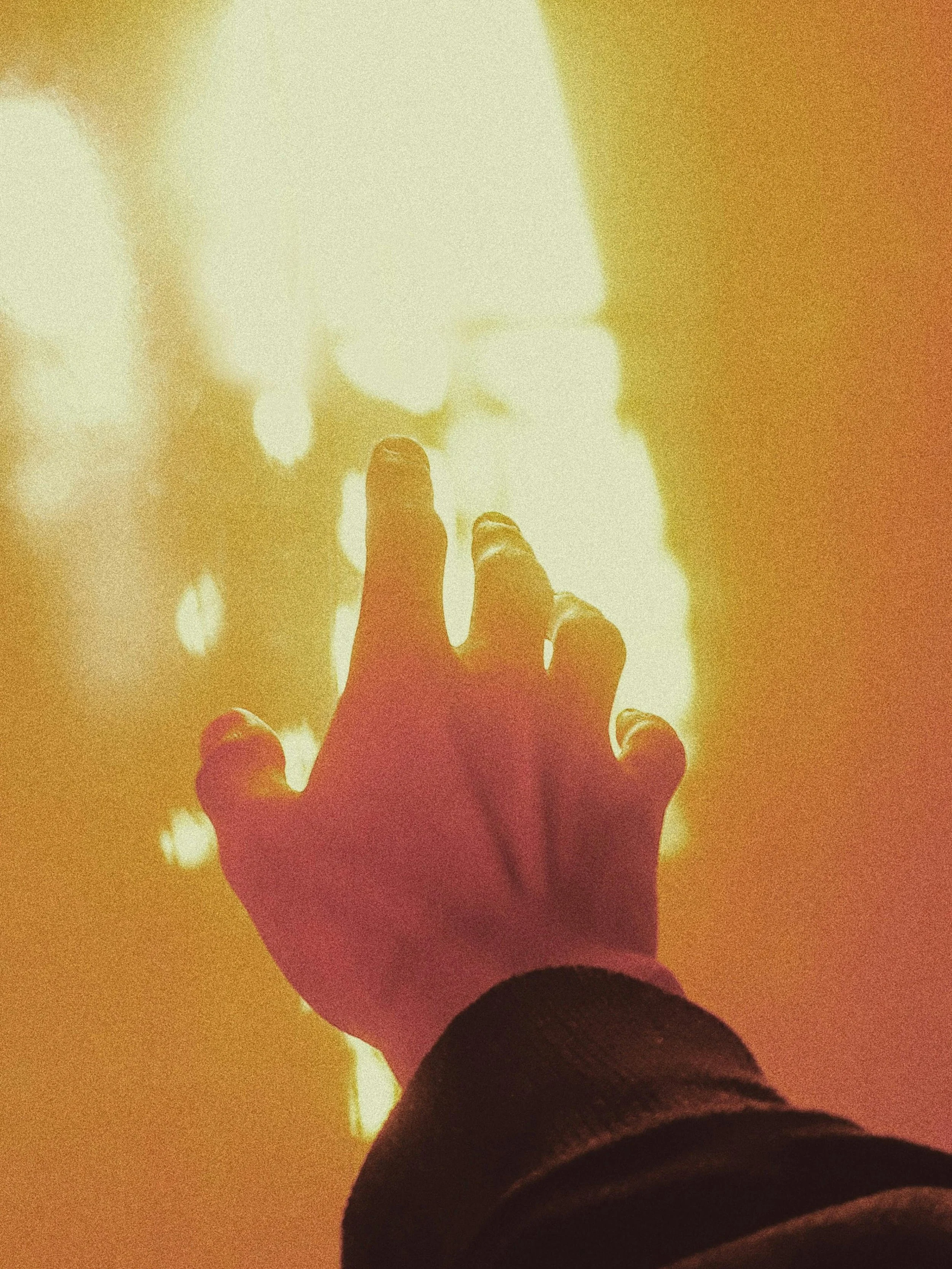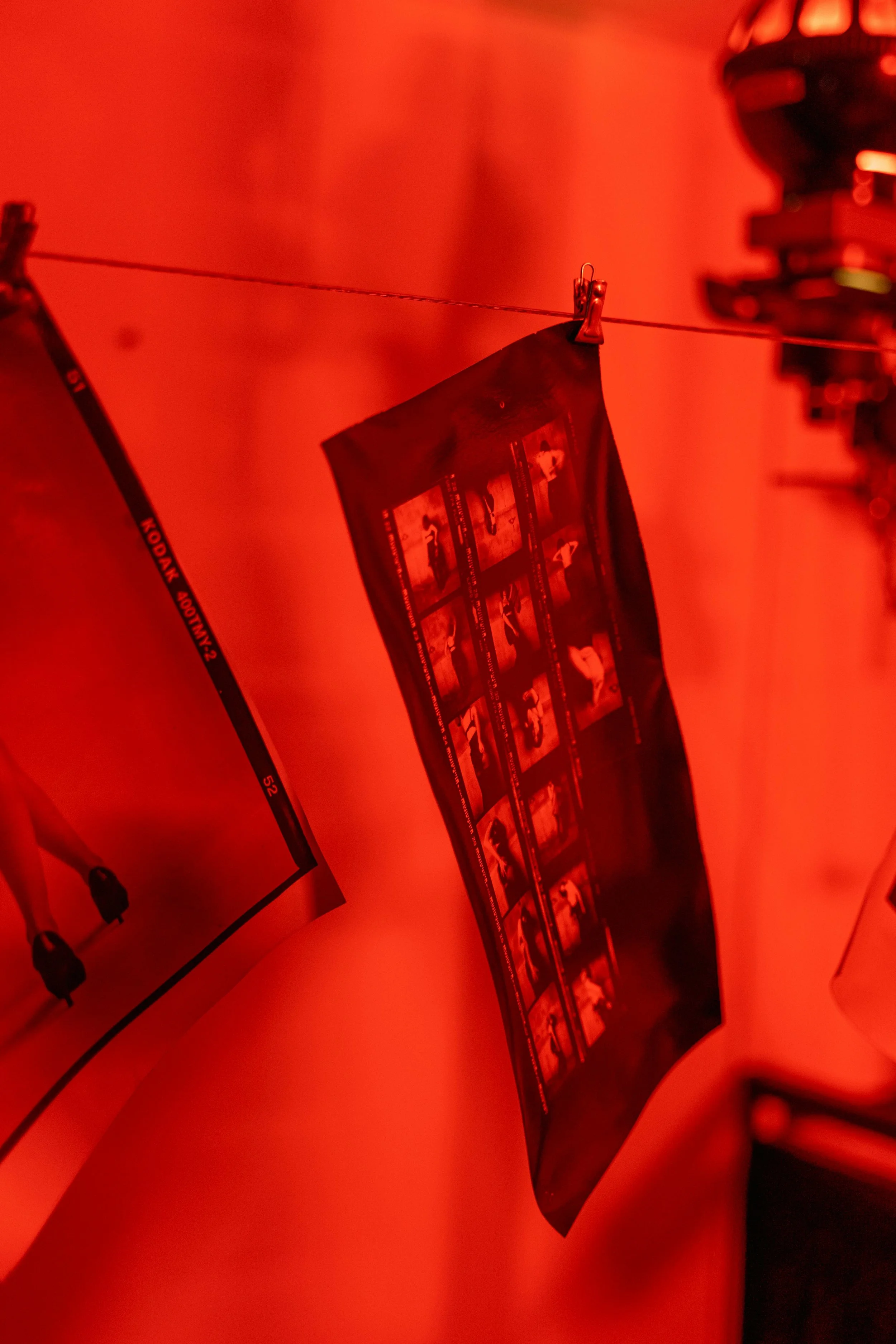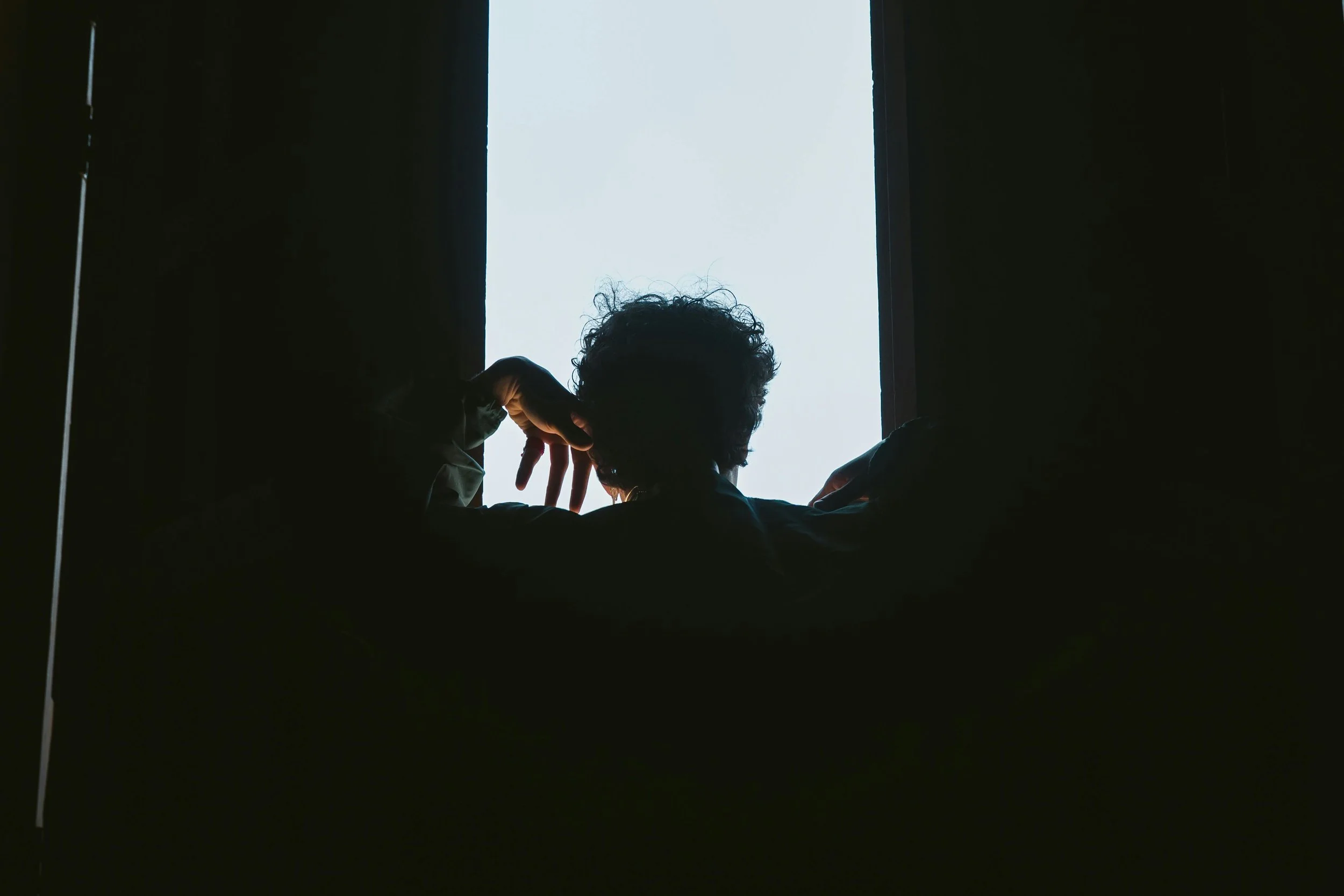My prediction is this: human imperfection will be the new ideal.
I had a conversation with my hair dresser last week. She said she is not really interested in AI but she fears the effect it will have on the world. Same as many.
I replied that although we don't know what it will bring, there is one thing I really am looking forward to and that is the switch from a chase for perfection to imperfection and the actual value of a real human.
Let me explain:
When I studied photography it was still analog. Grainy negatives, contact sheets that were slightly overexposed, and expensive large printing in the color lab for exhibitions. From there, we went on a journey of becoming more perfect in advertising: erasing grain, correcting “wrong” coloring, smoothing skin and form. First Photoshop, then apps, filters, presets, endless possibilities.
Now with the huge wave of flawless AI overtaking everything: marketing, advertising, even the feeds of small businesses who before weren't able to afford high end campaign production. Therefore it will be everywhere in the mass market. Perfection, smooth surfaces, are becoming boring. You can only digest so much visual flawlessness and generic looking content.
Too much "perfection" might even be a criteria for NOT choosing a product, brand or hotel, especially for Gen Z and Alpha.
It will be a breath of fresh air to see cracks on the surface, and everything that makes life life and humans humans. Things going together that didn't go together before will be interesting now. Of course that's not a call for ugliness, I would never... But I am speaking in terms of nuances and little shock moments in between the sea of sameness.
This is also the chance for luxury hospitality and brands to step out of the race for flawless instagram polish and instead stage what is unrepeatable: coherence, atmosphere, gestures that feel alive, maybe not always flawless but deeply human. In a world where perfection is automated, it is the human texture that becomes the rarest form of luxury.
words by Jean Linda Balke




